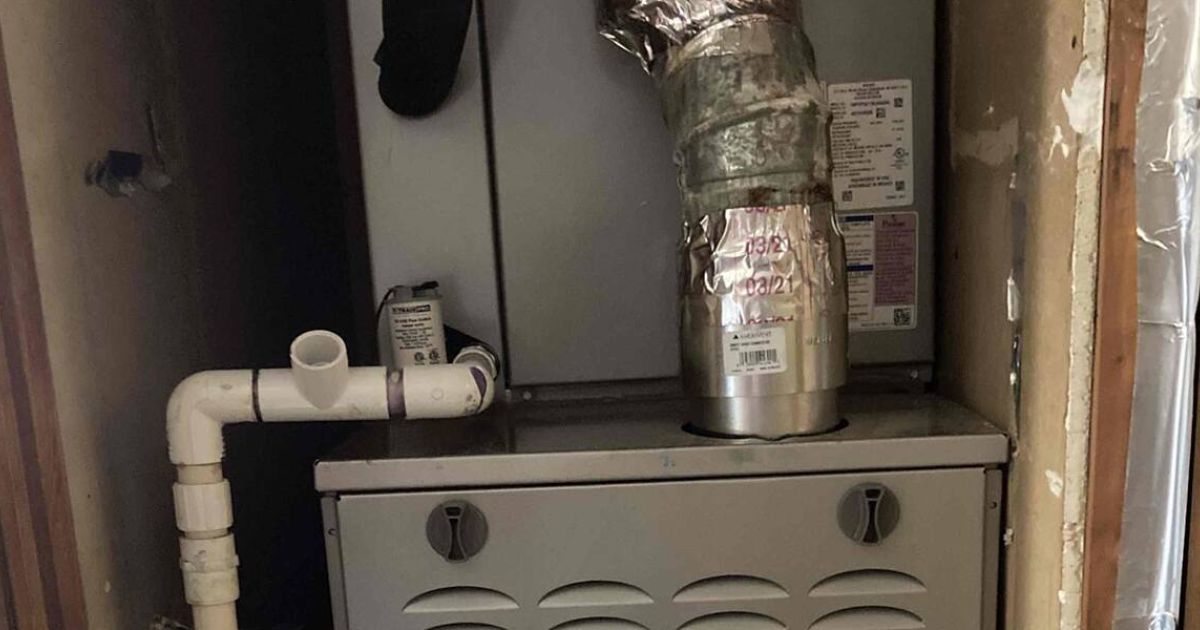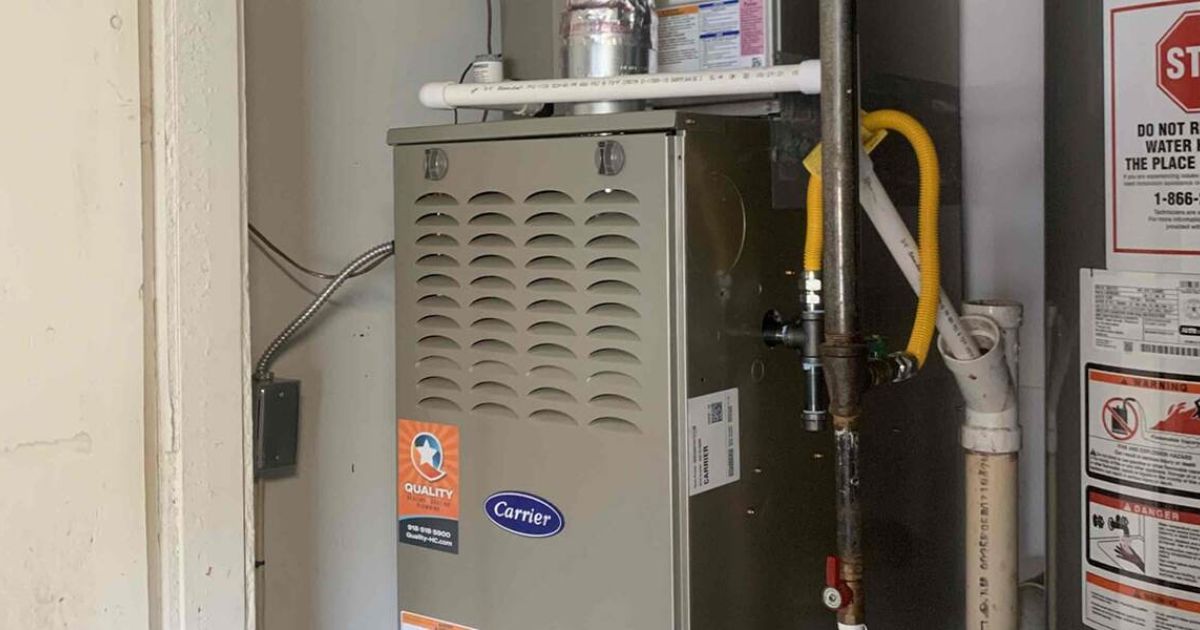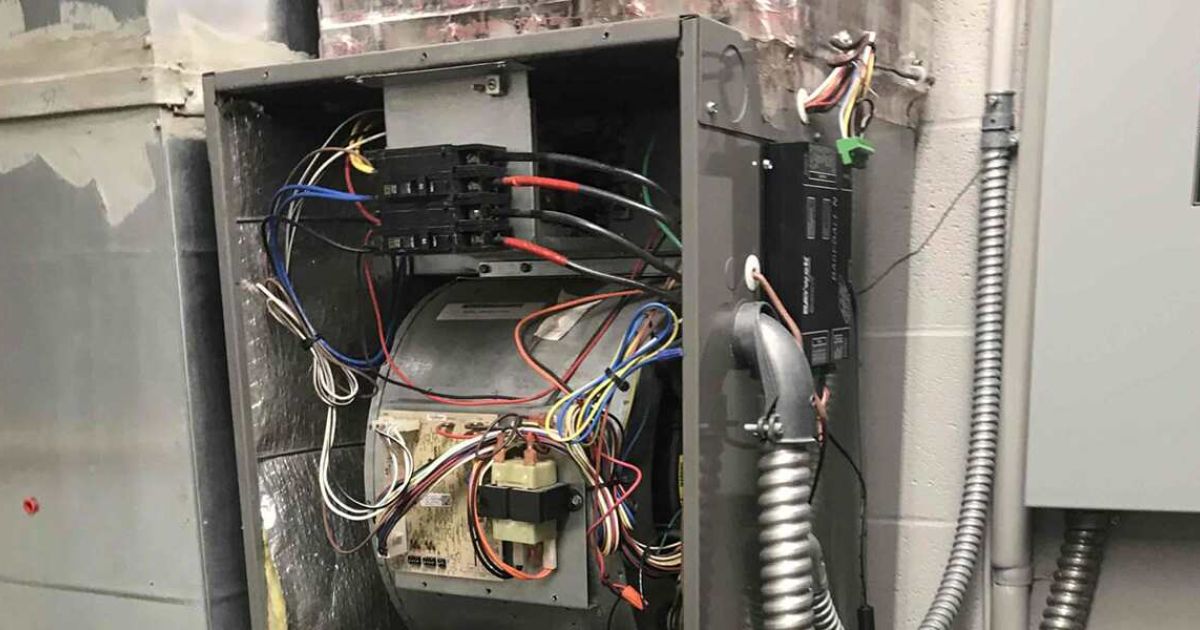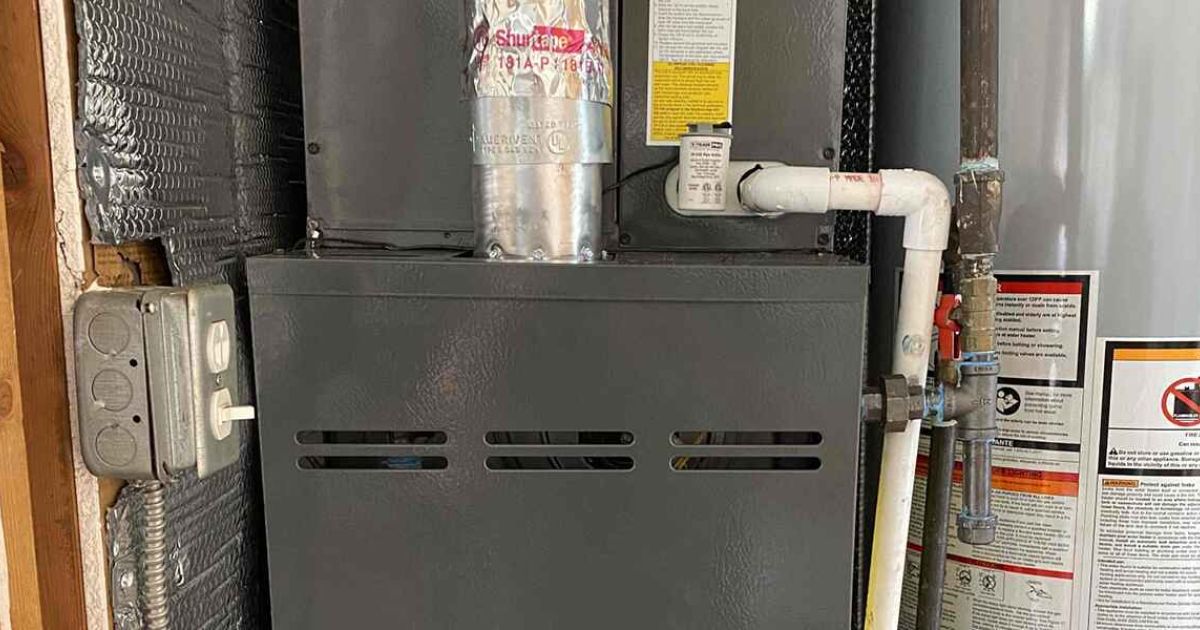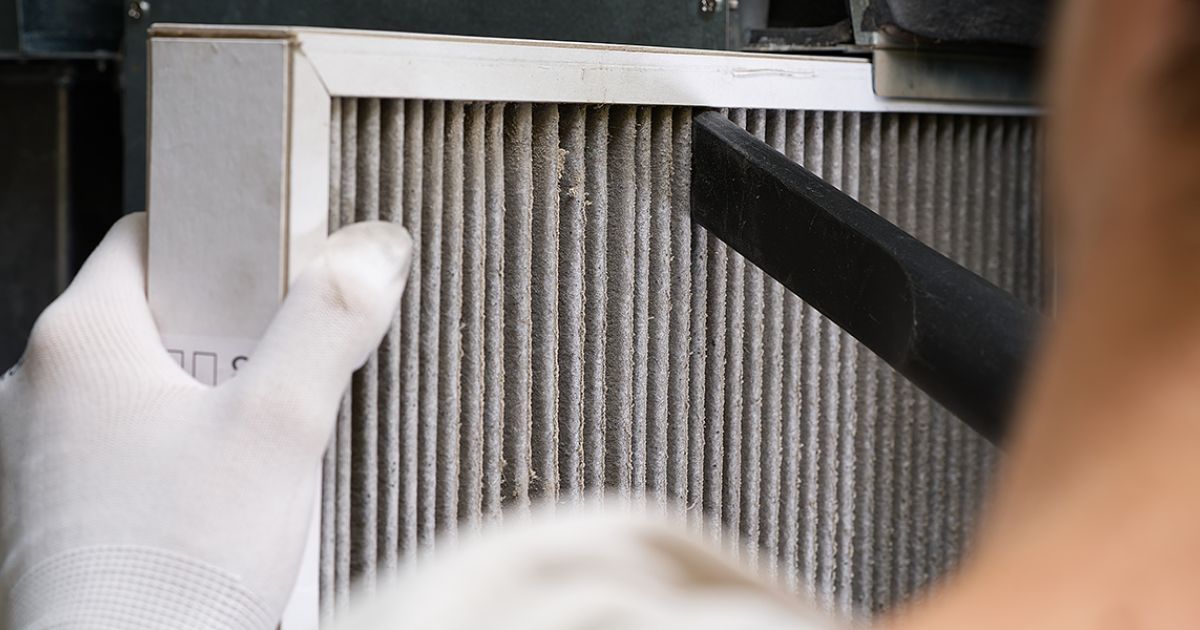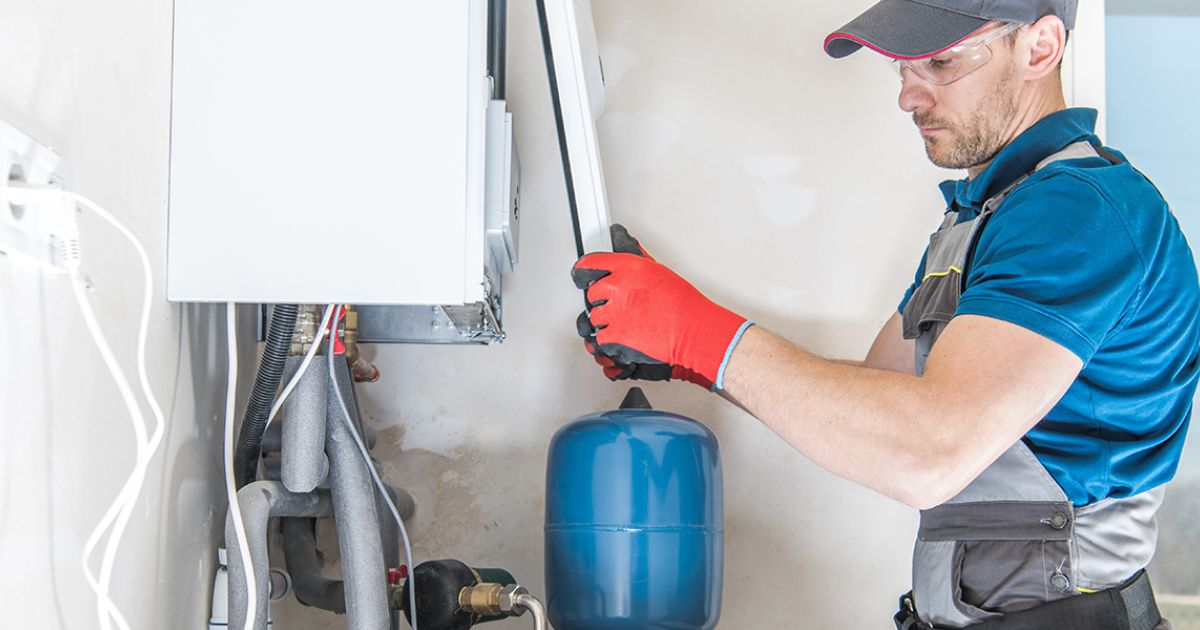What are the best heating and cooling options for a finished basement? Creating a finished basement can add significant value to your home, but only if it provides comfort. HVAC installation is critical to achieve this. You therefore don’t want to skimp on HVAC upgrades here. To help decide how to proceed, here are some common options for basement air conditioning and heating.
Do I Need a New HVAC System?
Homeowners often wonder if they can add to their current system. You can do this, but only if it can handle the additional load. Some AC systems can handle increased capacity or may need a little upgrading to take on the load required to heat or cool your finished basement. Although upgrading can be cost-saving, it’s probably going to involve investment in running new ductwork and installing some additional equipment.
As an alternative, you can install a separate HVAC system that just serves your basement. Ductless mini split systems are cost-effective and provide reliable heating and cooling. They also eliminate the need to run ductwork and also take up less space.
Considerations for HVAC Installation
Installing a basement HVAC system in Oklahoma’s varied seasonal climate can be challenging. But a little planning can ensure that you have exactly what you need. Some of the most important factors to consider before choosing a system include:
- Size: Regardless of the type of AC system, installing one that’s too big or too small will result in efficiency problems, reduced comfort, and performance and repair issues. In general, one ton of cooling covers 400 to 600 square feet. However, this varies depending on the layout of your home and its location.
- Floor Plan: This is a consideration even before finishing your basement. Your AC unit, ventilation system, boiler, or water heater must be enclosed to keep things functional and aesthetic. Your options may be wide open or limited based on where you can place equipment, cables, ducts, or pipes. Just make sure all building codes and permit requirements are met.
- Location: Your location is important because the type of system you need depends on whether your area has moderate temperatures year-round or extreme fluctuations. In cold climates, you’ll need a stronger heating system, and perhaps a heat pump isn’t the best option. If it’s generally warmer, you’ll need an air conditioner rated to work most efficiently in your type of climate.
Another consideration is the style of basement you have. Temperatures tend to be fairly consistent for basements that are below ground. If you have a walk-up basement with stairs, only part of the outside wall is exposed to the elements, and basements with no exits of their own are even less vulnerable to changes in the outdoor temperature. However, walk-out basements have more wall exposed so may require additional investment in heating and cooling.
Contact Quality Heating Cooling Plumbing
We specialize in AC installation in and around Glenpool, Oklahoma, and can help determine the best heating and cooling options for your finished basement. Our installers are factory-trained to service all makes and models. They’re also experts at sizing and selecting systems and equipment, so can ensure that your finished basement is comfortable and fully functional during any season. To learn more about your options and our financing plans, or to ask additional questions, feel free to contact us on the web or directly at 918-393-2593 today.

Cassie Pound is the Vice President of Quality Heating, Cooling, Plumbing & Electric with locations in Tulsa, Glenpool, and Bartlesville, Oklahoma.


